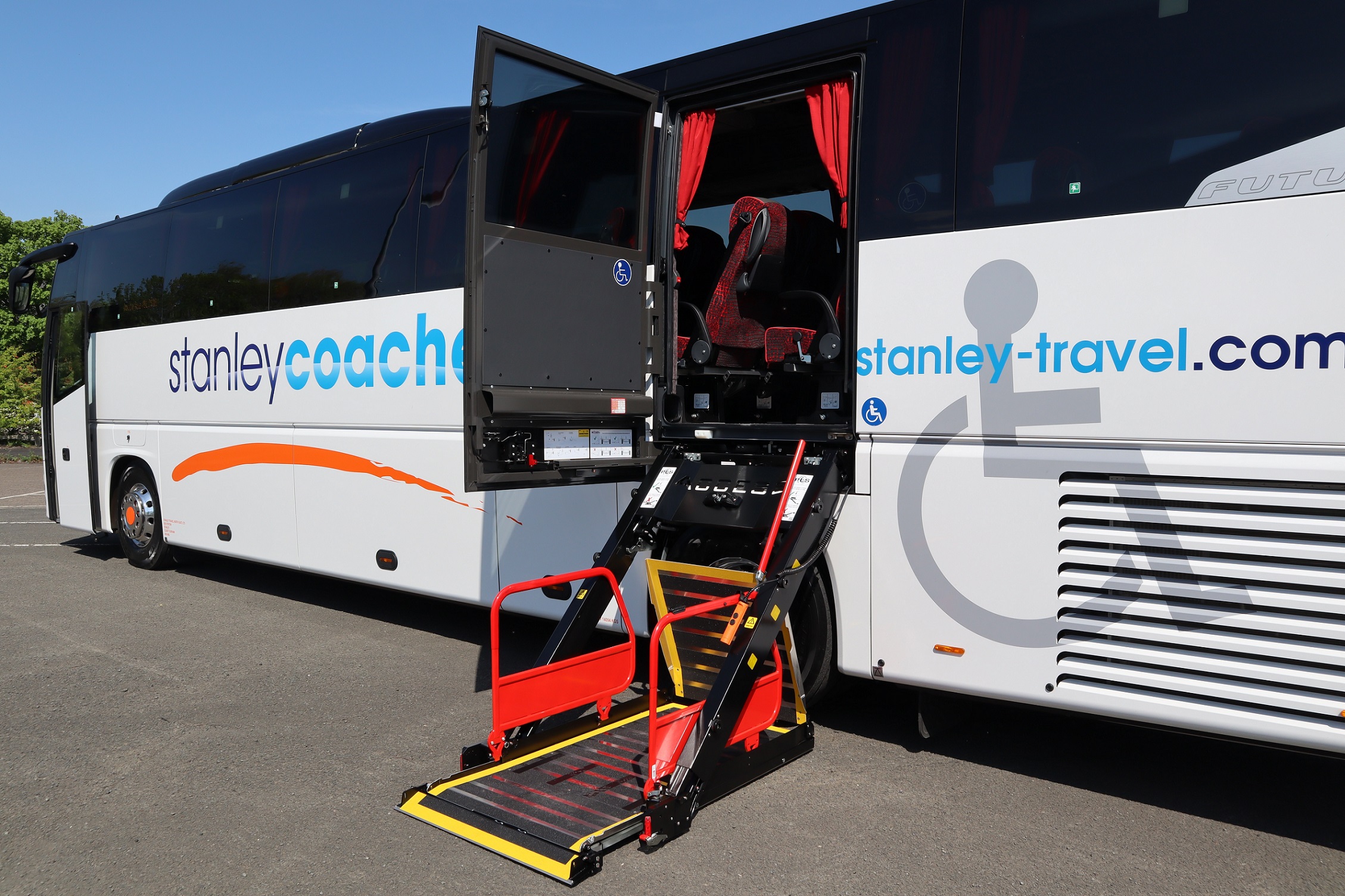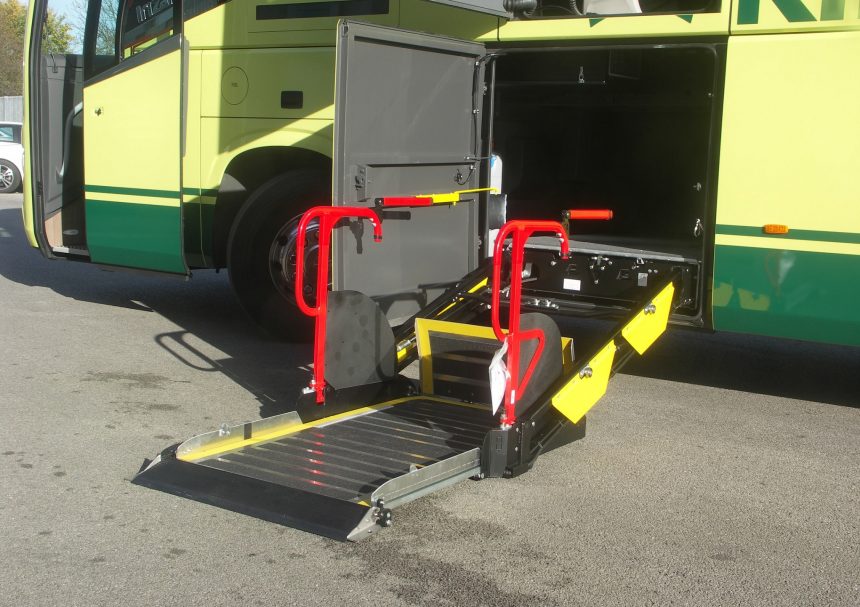PSVAR review next steps to be presented in a government response to a call for evidence (CfE) that is subject to delay must be built on a thorough and unrushed assessment of submissions, coach industry representative bodies have said.
The Confederation of Passenger Transport (CPT), RHA, and the UK Coach Operators Association broadly agree that a delay to the government response is disappointing. However, each believes that work behind the next stage of the review must be carried out in a way that duly considers evidence and arrives at a practical and achievable long-term solution for PSVAR.
Closing date for submissions to the call for evidence was 4 September 2023, with a government response and the next steps scheduled for publication before the end of that year. The Department for Transport (DfT) confirmed in early January that a delay had pushed that back to what it says is “the spring.”
The coach and bus industry made its position clear via multiple CfE submissions, but it is understood that a significant number from groups with different priorities have also been made. UKCOA Managing Director Peter Bradley believes that is likely to be key to the deferral.
“I would even suggest that the delay was inevitable, because of the wide range of stakeholder responses that DfT will undoubtedly have received,” he says. “We have also seen a change in the minister responsible for coach and bus, which could be a further factor.”
PSVAR review outcome critical, despite delay incurred
Mr Bradley adds that while the delay is “frustrating,” it is an appropriate action if the alternative would have been to publish the relevant material on schedule but without a thorough assessment having taken place.
RHA Operations Manager – Coach Sector Andy Warrender recently ranked a satisfactory conclusion to the PSVAR review as coach operators’ most pressing concern.
“If the government response requires further thought in order for a better outcome, then we accept the delay,” continues Mr Bradley, who notes that the CfE precedes a formal consultation on the planned next steps when they are revealed.
Fears that a general election in the first half of 2024 could via purdah cause further delay to the government response and next steps have subsided after Prime Minister Rishi Sunak said that polling is likely in the latter half of the year. But should Mr Sunak’s words be a swerve and an election be called for May, there is scope for PSVAR review work to be further hindered.
Decarbonisation in hand with government assessment?
Mr Bradley adds that a factor in the existing delay could be the need to consider decarbonisation alongside PSVAR. After lobbying from UKCOA, decarbonisation was included in the CfE to take account of the imperative for any changes to coach design that result from the PSVAR review to co-exist with the shift to zero-emission and its potential impact on component layout.

In a development since then, a CfE on infrastructure for zero-emission coaches and HGVs has been published. Mr Bradley notes that there may already be a need to bring common elements of both calls together.
Mr Warrender agrees that it is “crucial” for work on the government response and development of the next steps for PSVAR to be thorough. If DfT needs additional time to reach a pragmatic solution, “then RHA supports that,” he continues.
Nevertheless, the end of the current medium-term exemption (MTE) structure in July 2026 weighs on the minds of many coach operators. Some are holding fire on further fleet changes relating to PSVAR pending the review’s outcome, but “the window to meet requirements – whatever they may be – is shortening,” adds Mr Warrender.
“The outcome will inevitably drive operators to make any necessary changes to their business,” he continues. “The longer this work goes on for, the less time they have before the current period of certainty provided by MTEs expires.
“New vehicle supply remains restricted, which filters down to movement in the used market. The ‘gap’ in compliance is thus not being filled by new coaches.”
Because of that, RHA has underlined its position that the accessibility focus should not be vehicle centred. Instead, it should be built around the passenger journey. “Provision to accommodate any impairment should be a practical one based on where there is a need,” Mr Warrender concludes.
CPT is accepting of delay to PSVAR review CfE response
CPT also believes that delayed progress in the review work is “disappointing,” although Operations Director Keith McNally notes that the CfE “provided a once in a generation opportunity for hundreds of CPT members to reflect upon our ongoing commitment to providing accessible journeys for all.”
He adds that the volume of material put forward, and the range of views expressed, were both high. “While the government continues to review submissions, CPT will continue to work with it to ensure a pragmatic and balanced long-term solution that helps all operators, no matter how big or small, to comply.”

























